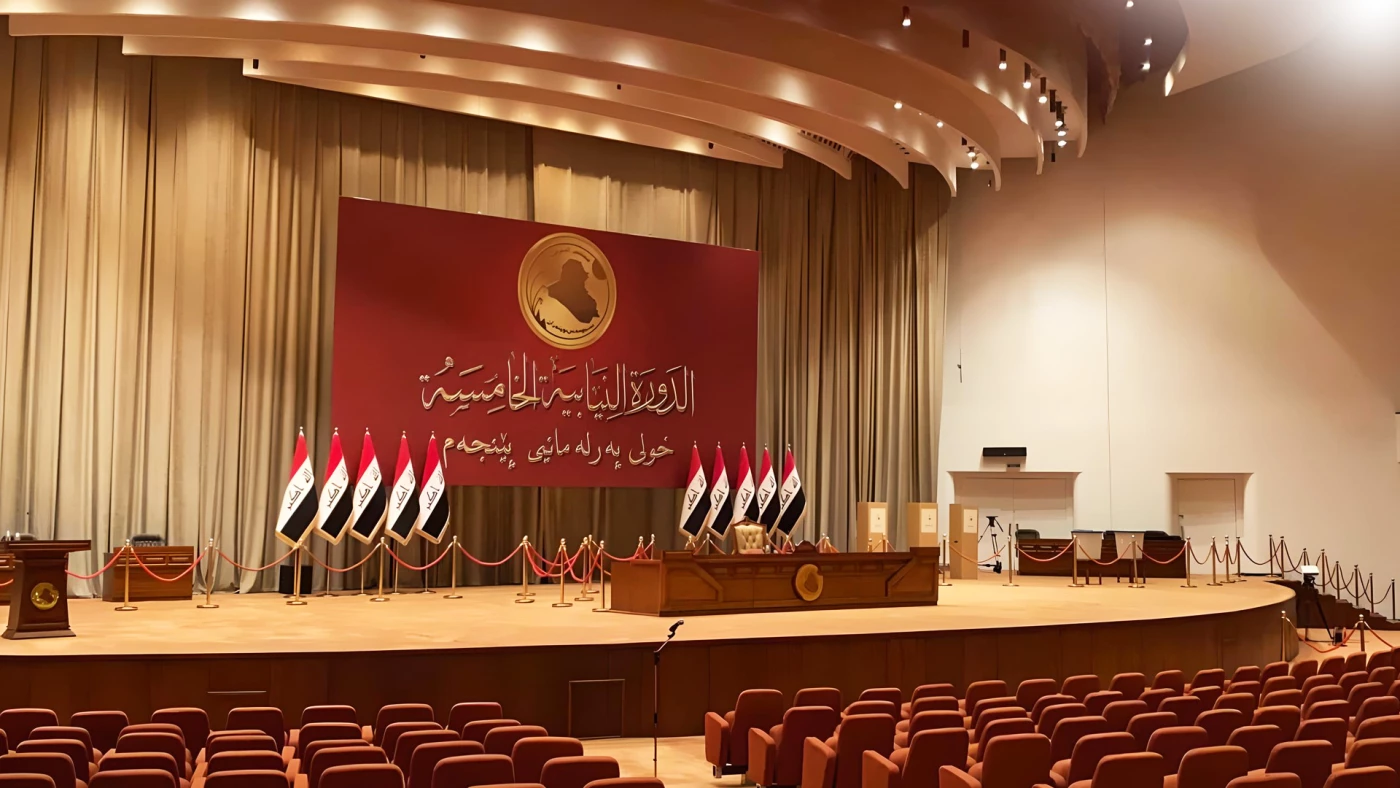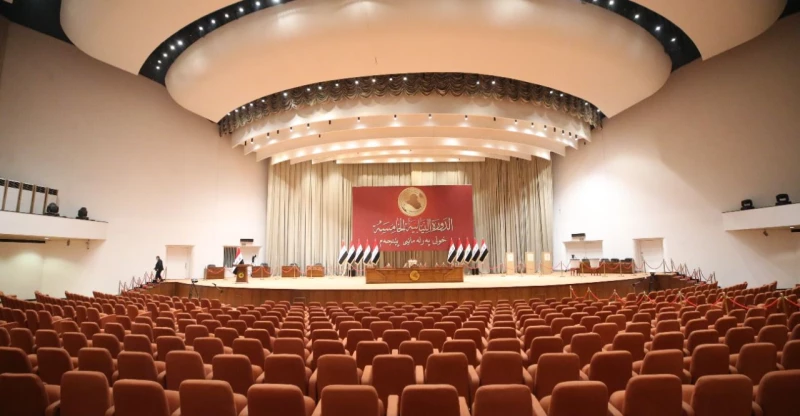DUBAI, UAE - The Iraqi parliament set Tuesday for the second reading of a controversial amendment to the Personal Status Law, ignoring widespread criticism that the changes could legalize child marriage.
The decision has deepened political divisions, with Kurdish blocs in the parliament vehemently opposing the move, citing concerns over increased sectarianism and civil rights setbacks.
The amendment, which revises Law No. 188 of 2019, would allow couples to choose their religious sect — Shiite or Sunni — when entering into a marriage contract. If the couple cannot agree on a sect, the husband's sect would be applied. Critics argue that this provision could undermine civil rights, particularly for women and girls.
The Kurdish parliamentary blocs have expressed unified opposition to the amendment, promising a coordinated response during Tuesday’s session.
“As the Justice Group, we completely reject this amendment to the Personal Status Law and consider it extremely dangerous,” said Soran Omar, a member of the Justice Group bloc, speaking to The New Region.
Muthanna Amin, a representative of the Kurdistan Islamic Union bloc, echoed this sentiment, stating that the amendment “strengthens the sectarian nature in Iraq, creates divisions, and lacks a clear alternative.”
Vian Sabri, head of the Kurdistan Democratic Party (KDP) bloc in the parliament, emphasized the widespread concerns among Kurdish lawmakers.
“We have many reservations about the amendment, and today we, along with the Kurdish blocs, will take a Kurdistani stance,” Sabri told The New Region.
Kurdish opposition to the amendment has been vocal, with Korda Omar of the Patriotic Union of Kurdistan (PUK) bloc labeling the proposal as “controversial and not in the interest of girls and women.”
Srwah Abdulwahid, head of the New Generation bloc, took to social media to express her disapproval, warning that the parliament would become “a place for societal destruction” if the amendment passes.
The proposed changes have sparked intense debate not only within the halls of parliament but also across social media in Iraq.
A recent poll by the Iraq Polling Team (IPT) revealed strong public opposition to the proposed amendments to Iraq's Personal Status Law.
Out of over 61,000 participants, more than 70 percent opposed the changes, with only 23.8 percent in favor.
Additionally, 81.6 percent expressed a preference for a civil rather than a religious Personal Status Law.
The parliament completed the first reading of the amendment on August 4, moving it closer to a vote.
The amendments, which have been criticized by rights organizations and activists, would shift marriage validation from the courts to religious authorities, impacting women's rights, including inheritance and custody.
The bill, primarily supported by male Shiite MPs, is justified by its proponents as a measure to “protect” young girls and reduce divorce rates, but it has faced backlash for potentially legalizing child marriage.
Human Rights Watch condemned the proposed changes as a severe regression for women's and girls' rights in Iraq.
Previous attempts to pass similar amendments in 2014 and 2017 failed. Iraqi women MPs, organized under the Alliance 188, and various protests have mobilized against the bill.
The Iraqi parliament’s decision to proceed with the amendment, despite mounting opposition, signals a contentious path forward as the legislative body edges closer to finalizing the law.
The outcome of this legislative process could have significant implications for the future of civil rights and sectarian relations in Iraq.



 Facebook
Facebook
 LinkedIn
LinkedIn
 Telegram
Telegram
 X
X


